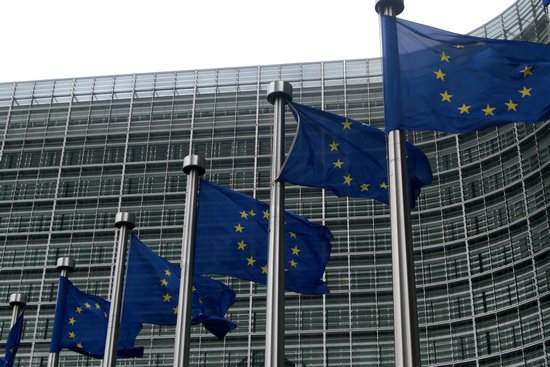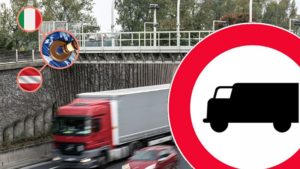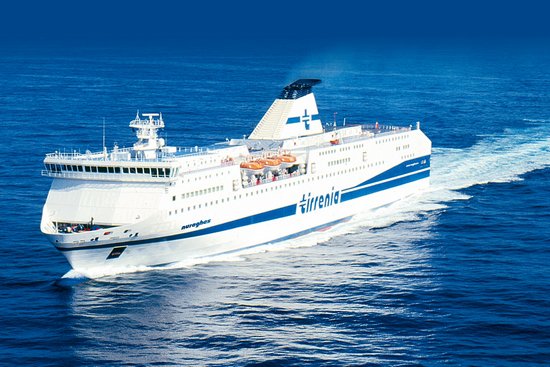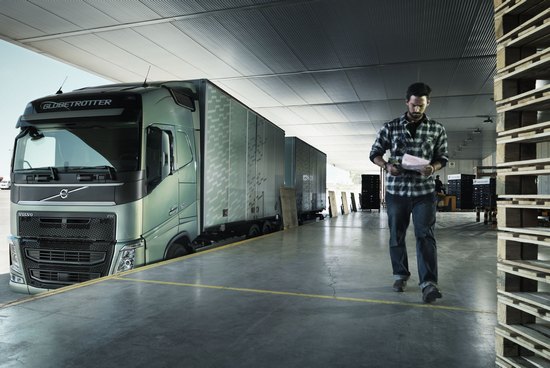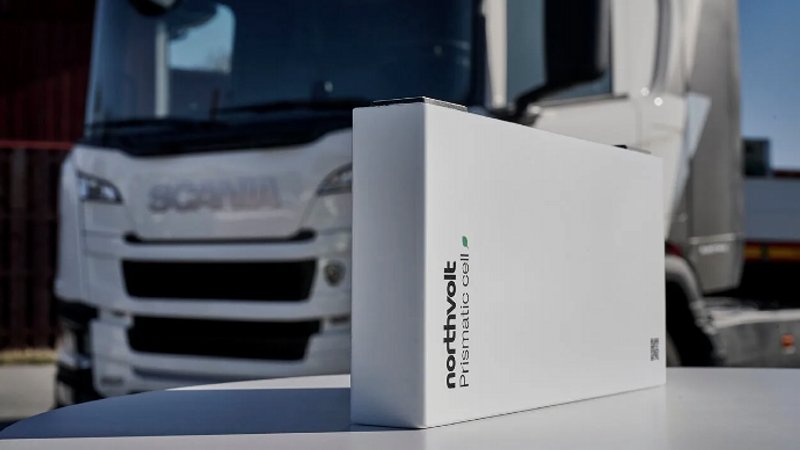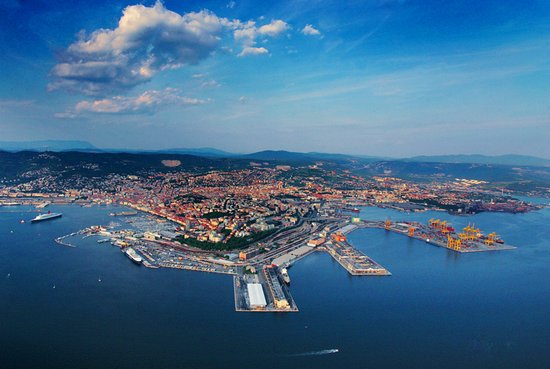Anita, the association of haulers, announced on July 26, 2024, that the Italian Council of Ministers has approved the resolution authorizing the State Attorney to file an appeal against Austria for the bans and restrictions on the transit of industrial vehicles along the Brenner corridor. The decision to proceed follows the European Commission’s censure of Vienna for some measures implemented over time.
In particular, Brussels has criticized the night transit ban, sectoral circulation bans for certain types of goods "compatible with rail transport," the winter Saturday circulation ban, and the "metering" system, which limits the number of heavy vehicles entering the highway (a maximum of 300 trucks per hour on specific days).
The Commission believes these measures, though motivated by environmental considerations, lack coherence and proportionality, failing to be fully justified in achieving Austria’s stated goals (environmental protection, road safety, traffic fluidity). Additionally, it claims that some of these measures risk penalizing foreign businesses more than Austrian ones.
The Vienna government rejected the European Commission's criticism regarding the restrictive measures on freight traffic at Brenner. Tyrolean Governor Anton Mattle expressed "surprise" at Brussels' reasoned opinion, lamenting that some points supporting the Tyrolean position were not considered, such as the recent stricter EU emission limits and the health impact of heavy traffic on the local population. Mattle also recalled the proposals from Tyrol, South Tyrol, and Bavaria to better manage traffic on the Brenner route, such as a slot booking system for trucks.
At the federal level, the Minister for European Affairs, Karoline Edtstadler, and Foreign Minister, Alexander Schallenberg, reiterated in a statement that the Austrian measures are "necessary, proportionate, and compliant with EU law." They added that "the argument of free movement of goods cannot outweigh the health of the population and the environment in Tyrol," calling for dialogue with Rome and Brussels instead of lengthy legal disputes. The two ministers also stated that "an appeal to the EU Court will neither widen the Brenner Pass nor bring one more truck onto the rails."
The matter will now reach the EU Court of Justice, but the resolution of this issue is not expected to be swift. According to the latest statistics, the timeframe for a decision from the European judges ranges from seventeen to eighteen months, with some variables: for preliminary rulings, the average duration slightly increased from 16.7 months in 2021 to 17.3 months in 2022, while for direct actions (non-preliminary, such as those filed by a state), the average time decreased from 23.5 months in 2022 to 20.8 months in 2023, according to the Court itself. Additionally, for cases with sensitive and complex issues, such as the Brenner case, decision times can extend further.
The stages of an appeal to the Court are numerous: after an appeal is filed, the Court notifies the defendant, who can present a response, and there can also be a second exchange of pleadings before the public hearing. The Advocate General, if appointed, presents their conclusions, and finally, the judges deliberate and pronounce the judgment, which can annul the contested act or dismiss the appeal. The judgments are final, non-appealable, and binding on all parties involved.
Regarding direct appeals from one state against another, these have been rare so far because governments prefer to resolve disputes through political and diplomatic negotiations. In contrast, non-compliance actions filed by the European Commission against a member state are more frequent, but in the Brenner case, Brussels has only issued a reasoned opinion.
Following the Council of Ministers' decision, Anita expressed satisfaction with the initiation of the appeal "to put an end to Austria's anti-European, illegitimate, and unfair competition behaviors, which create a competitive advantage for Austrian products in European markets compared to Italian ones and a disparity in treatment of Italian carriers compared to Austrian ones. The goal is to re-establish the fundamental European right to the free movement of goods and people," declared Thomas Baumgartner, Past President of the association with a mandate for the Brenner Pass.


